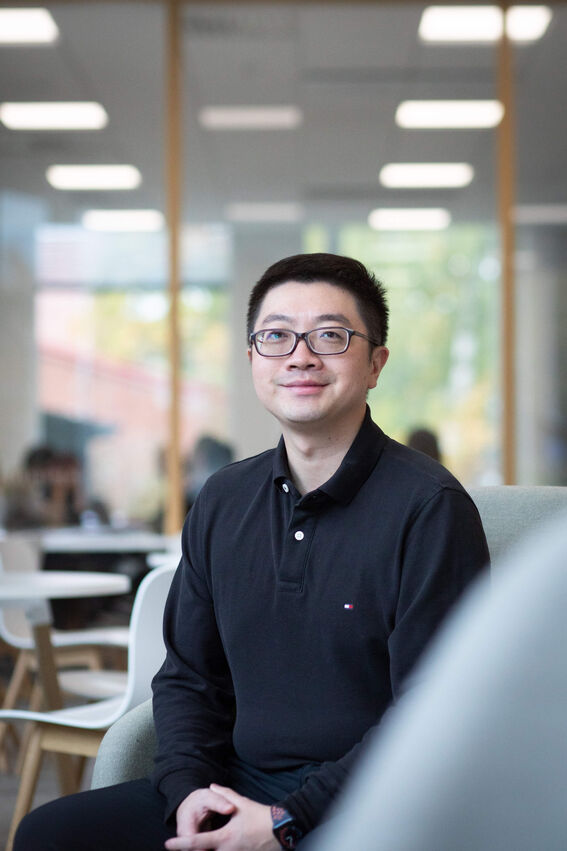Meet our new PIs: Jiancheng Yang improves healthcare with AI

Assistant Professor Jiancheng Yang joined ELLIS Institute Finland and Aalto University School of Electrical Engineering in October 2025. In his work, Yang wants to focus on developing foundation models addressing lung cancer and cardiac diseases.
What are you researching and why?
I’m researching AI for healthcare. We aim to create foundation models to provide better clinical decision support, such as for diagnosis and treatment. My technical expertise is in spatial intelligence, focusing on 3D vision and geometry, generative AI, and multimodal machine learning.
I hope to develop AI-based digital twins, or clinical ”world models”, that can reproduce medical observations and enhance downstream clinical decision-making. The interdisciplinary AI research holds strong potential for social good, facilitating real-world benefits.
How did you become a researcher?
I did not initially plan on becoming a researcher, nor did I plan to remain in academia as a faculty member before becoming a doctoral student. I pursued opportunities as they arose, driven by a passion for innovation and a desire to solve real-world problems.
What has been the highlight of your career?
I’m often known for my project MedMNIST which is a widely used medical dataset initiated in 2021 and extended in 2023. It benefits both medical research and machine learning topics due to its diversity and scalability, supporting interdisciplinary machine learning research.
I’m also proud of translating research into real-world impact through my previous entrepreneurship. Collaborations with doctors and hospitals globally enable us to apply our tools, such as early-stage lung cancer screening, significantly benefiting patients and their families. Detecting cancer early facilitates management and treatment, showing the utility of AI in healthcare.
What makes a good researcher?
Academia is suited for making first-of-its-kind innovations. A good researcher must be brave and committed enough to pioneer new solutions. They should aim to solve real problems that are ambitious yet solvable, creating impactful solutions.
What are your expectations for the future?
In the short term, I plan to build my research group, utilising funding and collaborations to develop foundation models addressing specific problems, specifically focusing on lung cancer and cardiac diseases. Our ultimate goal is to establish a de facto standard in these fields, building on our previous datasets and tools. We aim to pioneer first-of-its-kind innovations, akin to advancements like DaVinci Robotics (a robotic surgical system) contributing fundamentally to healthcare.
Contact:

Jiancheng Yang
Read more:
ELLIS Institute Finland welcomes 9 new professors as principal investigators and PS Fellows
Institute's first recruitment brings nine leading researchers to Finland
